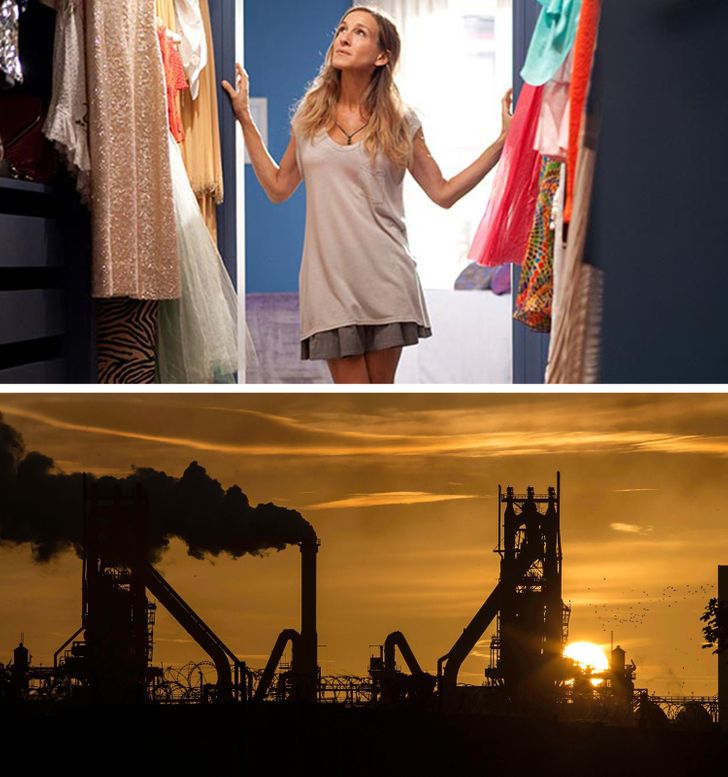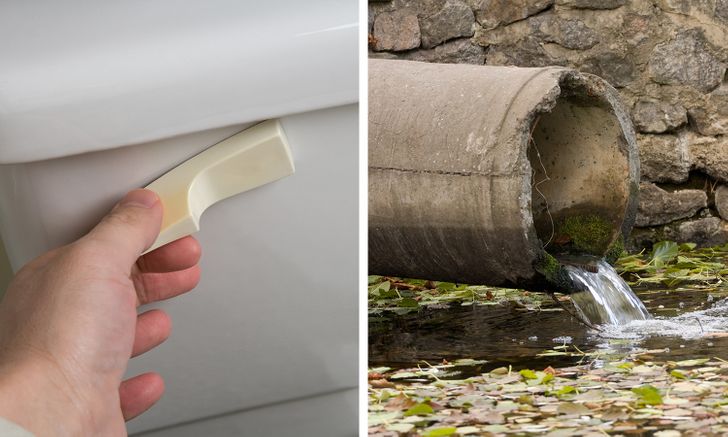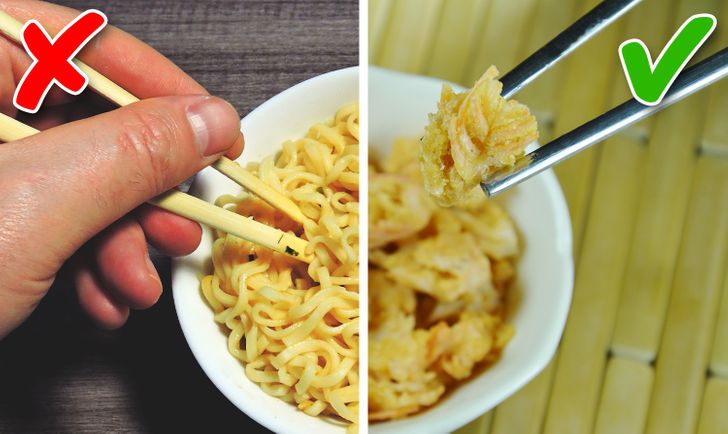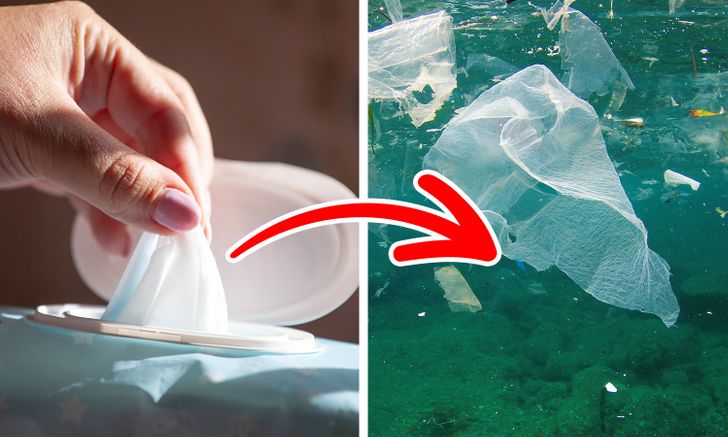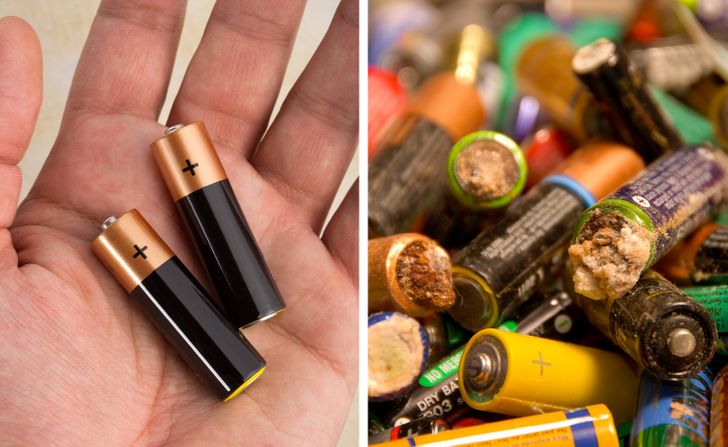so we should ger rid of anything that is disposable, got it ?
9 “Innocent” Things We Need to Stop Doing to Save Our Planet
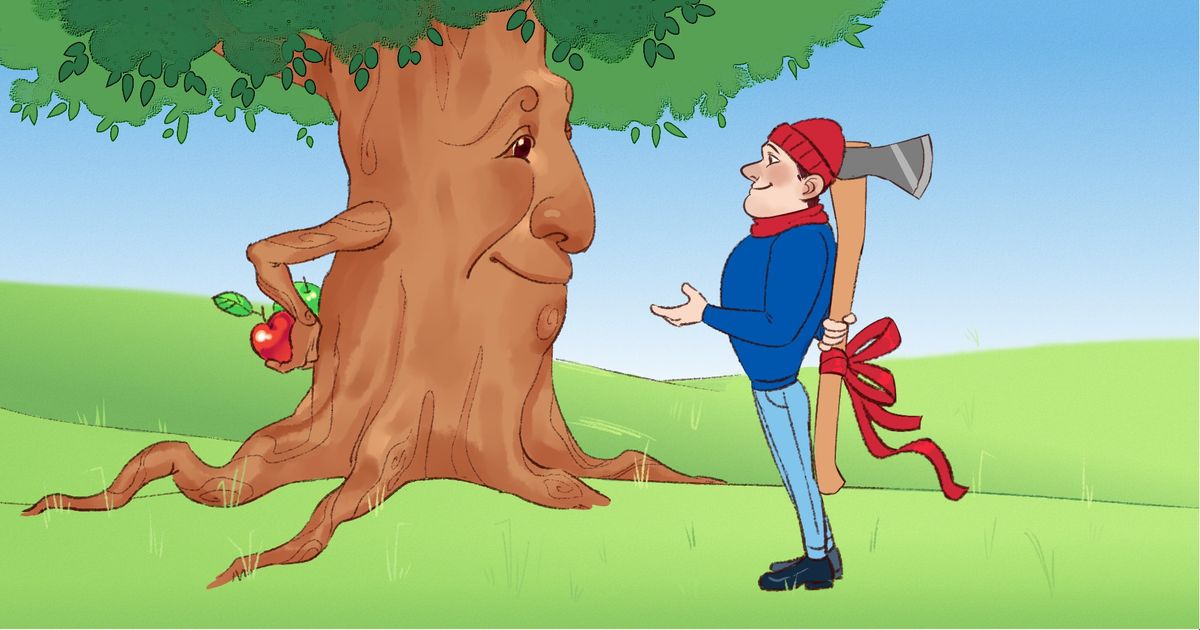
Bright Side has found 9 things we can all cut down on to make it easier for Mother Earth to breathe.
1. Producing food that is never consumed
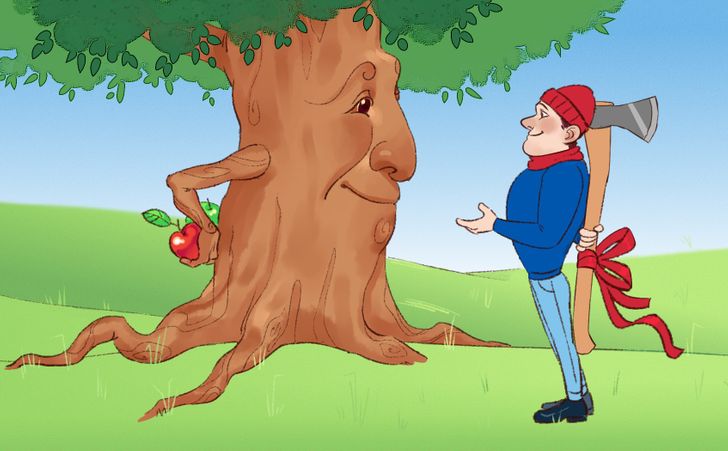
According to the Food and Agriculture Organization of the United Nations, one-third of the food which is produced for human consumption — roughly 1.3 billion tons, gets wasted every year. Keep in mind that in order to produce such a large amount of food, millions of plants are uprooted and trees are cut down across the globe. As per the data found, fruits and vegetables are the most wasted products, followed by seafood.
2. Vacationing on a cruise
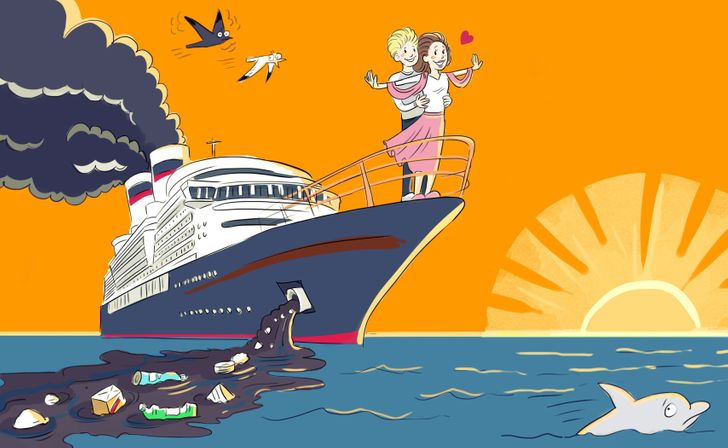
Cruise ships are floating cities, and are equally as polluting, if not more. Data shows that the air quality on the ship’s deck is similar to that in the world’s top polluted cities. It is estimated that over 50,000 Europeans die prematurely every year, as a result of ship-based pollution.
It has been found that a person’s carbon footprint increases threefold when they are on a cruise, in comparison with their day-to-day life.
A German watchdog surveyed 77 cruise ships and found that 76 of them used toxic heavy fuel oil, which it calls the dirtiest fuel. Moreover, these cruise ships have time and again been caught dumping trash, fuel, and sewage directly into the ocean.
3. Buying way too many clothes
The fashion industry is one of the major overall polluters in the world and the second largest water polluter. The industry is also responsible for water level depletion. Cotton, which is the most popular fiber used in clothing, is also a very thirsty crop. The amount of cotton required to manufacture one shirt requires about 2,700 liters of water. This amount is equal to what a person drinks in 2-and-a-half years.
Synthetic fibers like polyester have a lesser impact on the water than cotton, but producing them emits more greenhouse gasses per kilogram. Polyester producing factories released about 1.5 trillion pounds of greenhouse gases in 2015, which is equal to what 185 power plants using coal produce annually.
So next time you think about buying new clothes, remember that one in 9 people worldwide does not have access to safe water and about 4.6 million people die each year because of air pollution.
4. Flushing the toilet
It might sound gross, but in reality, it is not a requirement that you flush every time you pee. You can do it maybe every other time. A 1999 study found that toilet flushing accounts for about 27% of a person’s daily indoor water consumption—compare this with other water extensive activities like washing clothes, which accounts for 22%, while showers account for 17%.
5. Using disposable chopsticks
Asian cuisine is delicious. And there’s no doubt that it is very popular. But the chopsticks that are used to eat it have a huge negative impact on the environment. In China alone, about 80 billion pairs of wooden disposable chopsticks are made each year. To meet this colossal demand, about 4 million trees are cut down each year.
This large scale deforestation has many devastating consequences. It is leading to mudslides and decreased flood resilience. And then there’s the ever haunting risk of global warming that’s speeding up as well.
6. Drinking coffee
Coffee is a popular drink, and its benefits are well-documented. One study also found that drinking coffee can increase a person’s lifespan by 2 years. But the bad news is that the coffee industry is not environmentally-friendly. The world’s coffee farms are now more harmful to the environment than ever. Also, the increased popularity of coffee has caused the large scale deforestation of big trees that promote biodiversity.
And then there are the disposable paper cups that are used to serve them. These, too, contribute to large scale deforestation.
7. Using wet wipes
Wet wipes may be convenient, but they are no friend to the environment. In 2015, The Guardian called them the “biggest villain” of the environment.
Most of these wet wipes contain plastic, which makes its way into the ocean. They are then consumed by marine creatures, who mistake them for jellyfish, ultimately leading to their death. Many people dispose of them in the toilet, causing a sewer blockage since they don’t easily disintegrate. It has been found that wet wipes count for around 93% of the material that causes sewer blockages.
Also, many of these wipes contain dangerous chemicals that can cause rashes when used.
8. Using disposable batteries
The disposable batteries that we use in watches and calculators, even the rechargeable ones (after a certain number of recharges, they too need to be disposed of) that we use in laptops, phones, and other gadgets, are incredibly harmful to the environment. They contain one or more of the following extremely toxic metals: cadmium, lead, zinc, manganese, nickel, silver, mercury, and lithium, as well as battery acids.
When they’re disposed of, these batteries are responsible for air pollution because when they start decomposing, they undergo a photochemical reaction that releases greenhouse gases that lead to global warming. These harmful chemicals are also absorbed by the soil and cause soil pollution, severely impacting vegetation and soil life. And when these chemicals get washed up by rain or find their way to bodies of water, they also cause water pollution.
9. Shaving using disposable razors
Shaving is considered as an integral part of personal hygiene by many people. Therefore, it is no surprise that razors are in high demand. In fact, a recent report shows that in the year 2018, 163 million consumers in the U.S. used disposable razors. These razors are made up of plastic and rubber which are not biodegradable and mostly end up in landfills, never to be recycled again.
What do you think can be done on a larger scale to stop climate change and save the environment? Let the leader in you shine and tell us about your ideas in the comments!
Comments
It's all very well writing an article about the damage these things do but a more useful article would be one that suggests alternatives
It's all very well writing an article about the damage these things do but a more useful article would be one that suggests alternatives
Agree with 1 and 3 definatly
Related Reads
15 Moments That Prove Kindness and Compassion Are the Only Currencies That Never Lose Their Value

12 Moments That Teach Us to Choose Kindness Even When Life Turns Unfair

12 Real-Life Moments That Prove Quiet Kindness Can Change Lives

10 Moments That Show Kindness Doing the Heavy Lifting
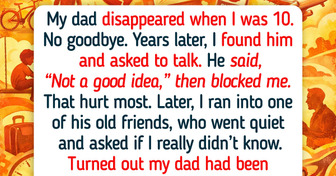
I Refused to Let My Sister Make My Wedding About Her Miscarriage—So I Exposed Her Dark Secret

16 Times Roommate Situations Took an Unexpected Turn

10 Hospital Workers Who Prove Kind Heart Is a Powerful Medicine

I Refuse to Let My Stepson Disrespect Me, His Arrogance Cost Him Big

My Manager Tried to Destroy My Career but a Work Argument Showed Them the Truth

I Started Leaving at 5 PM Sharp, Now My Boss Questions My Dedication
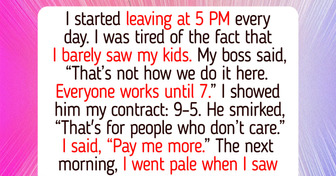
18 People Who Found Out That Small Acts of Kindness Are the Pathway to Happiness
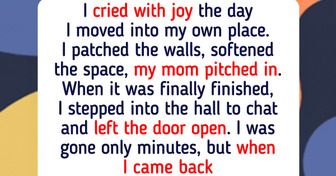
My MIL Demanded Rent for a House That Isn’t Hers, I Turned the Tables

